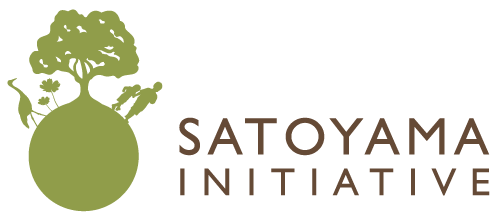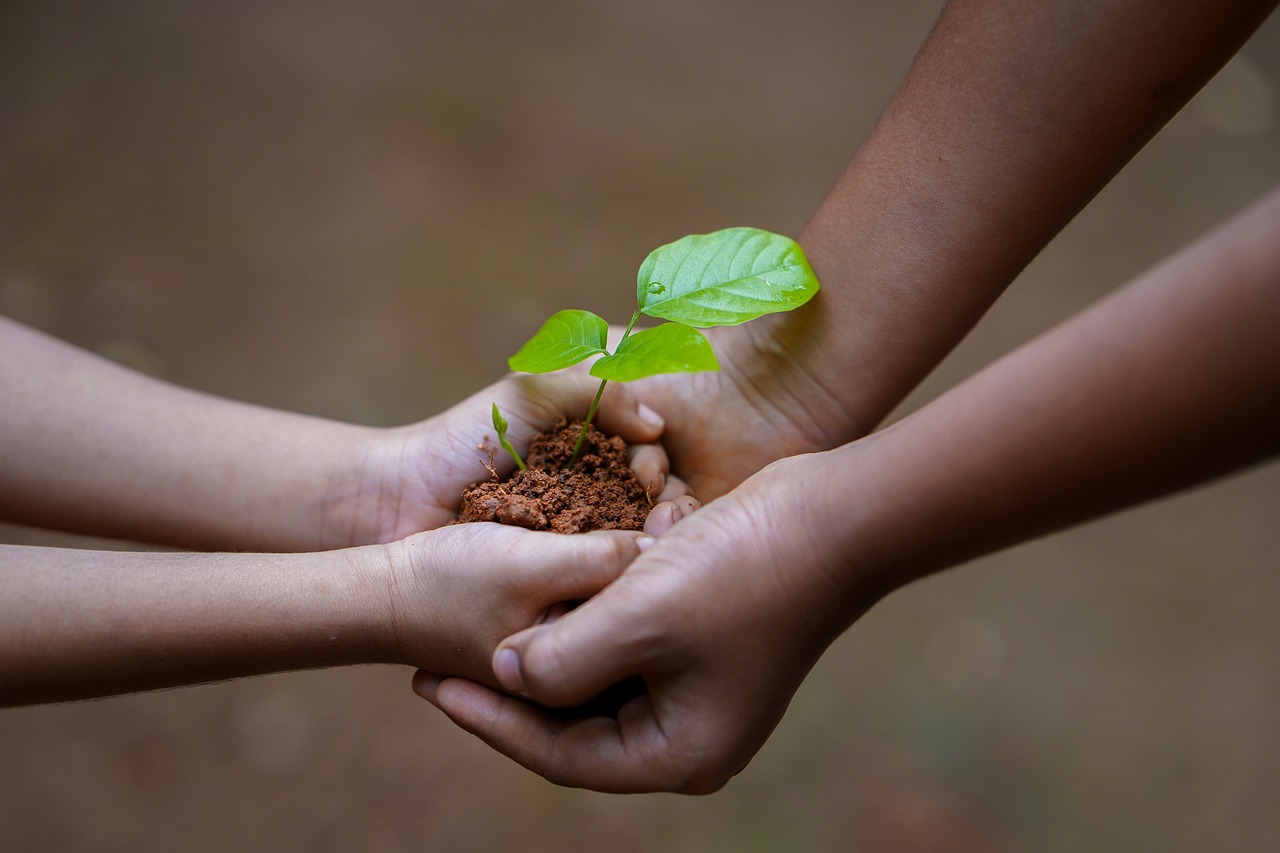|
|
|
|
|
Welcome to IPSI Live Updates!
|
|
IPSI’s mini newsletter and your source for important events! Take a look at what opportunities October brings. 🎃
|
|
- SDM 2023 results!
- New Guide! Using Landscape Approaches in National Biodiversity Strategy and Action Planning
- Article on nested finance to achieve environmental goals
- Case study on promoting environmental conservation through sustainable livelihoods for indigenous pastoralists in Tanzania
Submit case studies, publications, and news about your activities to be featured in the next newsletter!
|
|
|
|
|
|
|
|
📢Satoyama Development Mechanism 2023 Recipients!
|

|
The Satoyama Development Mechanism (SDM) Secretariat announced a call for proposals for SDM 2023 earlier this year. The SDM Secretariat received a total of 26 eligible applications and the following five were selected, which were deemed the most promising for the implementation and promotion of the concept of the Satoyama Initiative.
|
- Conservation Alliance International, Ghana
- Green Movement of Sri Lanka, Sri Lanka
- Iora Ecological Solutions Pvt. Ltd., India
- Vellore Institute of Technology, India
- Vicuñas Camelidos y Ambiente, Argentina
|
The SDM Secretariat thanks all the applicants for their interest in SDM. You can get more information on the SDM website here. If you have any questions regarding SDM, please get in touch with the SDM Secretariat at sdm@iges.or.jp.
|
|
|
|
New Guide! Using Landscape Approaches in National Biodiversity Strategy and Action Planning
|
|
|
|
Landscape approaches are strategies that take into account the ecological, social, and economic dynamics of a specific area. These approaches aim to align human activities with biodiversity conservation efforts. The guide is the outcome of extensive research, including NBSAP analyses, surveys, and consultations.
|
|
|
|
|
The guide, along with a short video, aims to assist decision-makers in ensuring the integration of landscape approaches into NBSAPs.
|
|

|
This guide is a product of an IPSI Collaborative Activity by the United Nations University Institute for the Advanced Study of Sustainability (UNU-IAS) and the Institute for Global Environmental Strategies (IGES), and it is supported by the Secretariat of the Convention on Biological Diversity (SCBD).
|
You can download the guide from UNU Collections. Furthermore, a detailed account of its development journey can be found on the IPSI website.
|
|
We welcome feedback based on practical implementation challenges and case studies to improve future editions of the guide. To contribute, please email your input to isi@unu.edu.
|
|
|
|
|
|
|
|
|
|
“Nested Finance” is Critical to Achieving Environmental Goals
|

|
|
|
|
One of the biggest challenges to meeting our climate change targets is financing on an appropriate scale—in the hundreds of billions of dollars annually. Big finance will have a role, but nested finance could be far more useful[…]
|
|
On 6 October 2023, Diplomatic Courier, a global affairs media network, published an opinion article by Suneetha Subramanian (Research Fellow, IPSI Secretariat) calling for a “nested” financial approach to advance the global climate, biodiversity, and well-being agendas.
|
|
The piece discusses how financing at different levels of planning (intergovernmental, national, sub-national and local) can be designed to meet the needs, priorities, and challenges relating to specific contexts, and how it allows for the full and effective participation of various stakeholders.
|
|
|
|
|
|
|
|
|
|
|
Policy Brief: Landscape Approaches to Ecosystem Restoration
|
|
|
|
A new policy brief provides recommendations on facilitating ecosystem restoration through equitable, inclusive, and sustainable management of landscapes and seascapes. Considering ecological, socio-economic, and cultural dimensions, it offers strategies on integrating restoration policy and practice through participatory multi-stakeholder engagement.
|
|
|
|
|
|
|
|
Indigenous Pastoralist Conservation Through Establishment of Environmentally Friendly Income Generating Activities in Tanzania
|

|
Recent case study submitted by Pastoralist Economic & Social Advancement (PESA)
|
This case study explores a sustainable development initiative in Tanzania that focuses on indigenous pastoralist communities. These communities face challenges due to environmental degradation and limited economic opportunities. To address these issues, the initiative implements environmentally friendly income-generating activities, empowering the indigenous people while conserving the natural environment.
|
|
The project emphasises the significance of traditional knowledge and practices in sustainable resource management. It introduces activities like eco-friendly tourism, handicraft production, and sustainable agriculture, providing alternative sources of income for the indigenous communities. This diversification not only supports their livelihoods but also reduces pressure on natural resources. Moreover, the initiative promotes community-led conservation efforts, strengthening the link between cultural heritage and environmental preservation. This case study serves as an inspiring example of how indigenous knowledge and environmentally friendly practices can coalesce to create a harmonious balance between human development and nature conservation.
|
|
|
|
|
|
|
|
|

|
Let us know if there are any changes in your e-mail address or contact information.
Secretariat of the International Partnership for the Satoyama Initiative
United Nations University Institute for the Advanced Study of Sustainability (UNU-IAS)
5–53–70 Jingumae
Shibuya-ku, Tokyo 150-8925
Japan
Tel: +81 3-5467-1212
Fax: +81 3-3499-2828
Email: isi@unu.edu
If you have been forwarded this newsletter and would like to SUBSCRIBE, you can do so on the IPSI website here.
|
   
|
|
|
|
The activities of the IPSI Secretariat are made possible through the financial contribution of the Ministry of Environment, Government of Japan
|
|
|
|
|
|
|
|